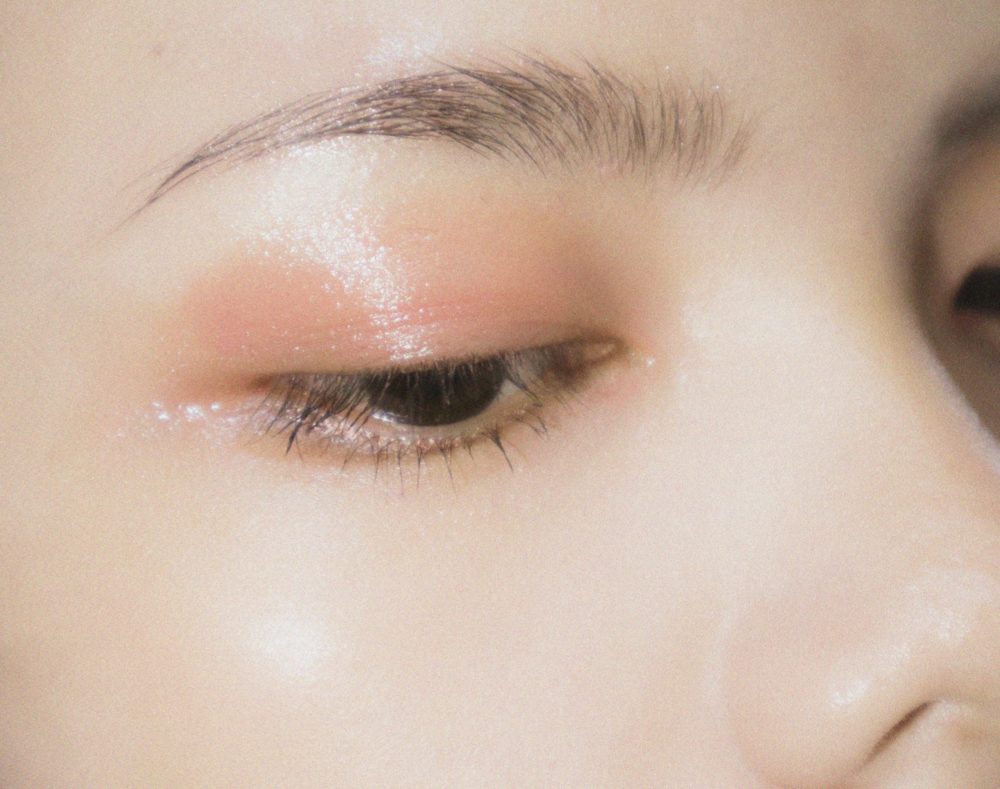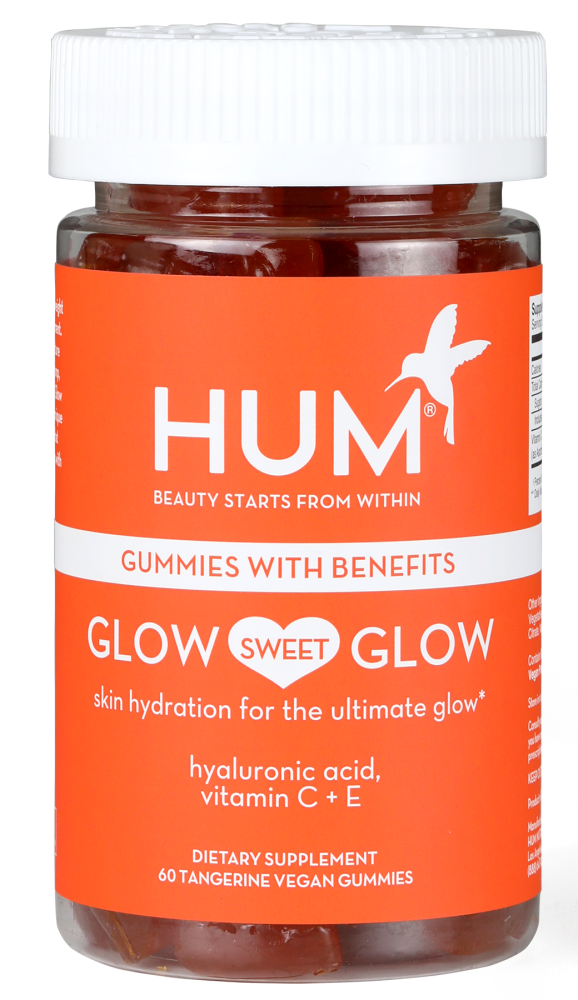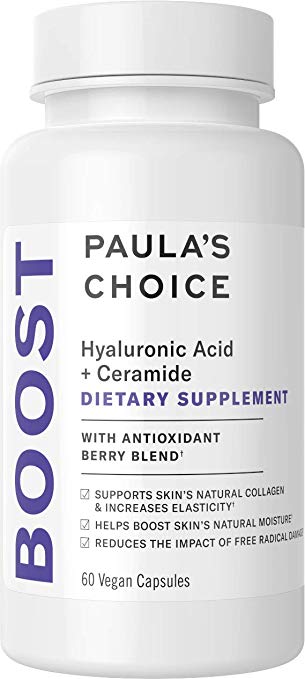We’re well aware that skin-plumping hyaluronic acid is one of the buzziest skin care ingredients today, but it’s possible that we’re not using HA to its fullest potential. While hyaluronic acid is a welcome presence in several types of topical products—from serums to sunscreens—it also exists in supplement form. Yes, you can take hyaluronic acid orally! Here, we discuss what HA is (in case you’re a fresh initiate to skincare), how it works as a topical ingredient, and why it is gaining traction as an oral supplement.

What is hyaluronic acid (also known as hyaluronan)?
You may have seen a handful of products boasting hyaluronic acid as one of their star ingredients. It may sound like an intense ingredient, but don’t let the name spook you—hyaluronic acid is one of the gentlest ingredients, and it’s suited for nearly every skin type. Although the term contains the word “acid,” hyaluronic acid isn’t an exfoliating acid, like alpha hydroxy acid or beta hydroxy acid. Rather, it’s a humectant—a moisture-attracting ingredient that keeps tissues hydrated.
HA naturally occurs in our skin, eyes, and connective tissues. Skin with a healthy moisture balance and supple appearance is partly the result of ample, naturally occurring hyaluronic acid. As is the case with collagen and elastin, however, when we age, our bodies gradually produce less hyaluronic acid. Moreover, our moisture balance can be affected by environmental factors (pollution and sun damage), overtreatment of skin, and inflammatory skin conditions.
Why is topical hyaluronic acid so great?
Enter topical hyaluronic acid. When applied topically, HA can temporarily improve the appearance of skin by attracting moisture and plumping skin cells, help prevent moisture loss, and soothe dry skin. Think of topical HA as your skin’s Rx for dryness, irritation, crêpe-y-ness, etc. Because HA is non-comedogenic (non-pore-clogging), it’s safe for acne-prone skin and can even help create an ideal (read: hydrated) environment for acne wounds to heal. Finally, HA works especially well when combined with emollient ingredients (like face oil) to boost hydration—and then seal it in!
What’s the scoop on ingestible HA?
While topical hyaluronic acid has certainly earned its buzz-worthy status, it’s ultimately just a surface treatment that interacts with the top layer of skin. Obviously, the “most effective” hyaluronic acid is that which originates in our body in our younger years. Barring the invention of a time machine (because who wants to return to the days of low-rise flares?!), the next best thing may be hyaluronic acid supplements.
It improves the appearance of wrinkles.
According to a 2017 study published in Clinical, Cosmetic and Investigative Dermatology, subjects (aged 22 – 59) who consumed hyaluronic acid supplements over the course of an 8-week period experienced improvement in skin luster, suppleness, wrinkle reduction. The authors of the study expect that hyaluronic acid supplement to become an accepted treatment for improving the overall health of skin.
It helps alleviate dry skin.
In a 2014 study published in Nutrition Journal, hyaluronic supplements were shown to moisturize skin and improve quality of life for those who suffer from dry skin. In short, the supplements provide the body with more HA to incorporate into the skin.
How to take hyaluronic acid supplements
The recommended dosage for hyaluronic acid supplements is 120 – 240 mg/day. Allow yourself a few months on the supplements to assess the results.

HUM Vegan Glow Sweet Glow Gummies

Paula’s Choice Hyaluronic Acid + Ceramides Dietary Supplement
Have you ever taken oral hyaluronic acid supplements?
More in skincare: Are Silicones Causing Your Adult Acne?
Microbead Alternatives For Scrub & Re-Thinking Exfoliation
Skin Benefits of Vegan Squalene
Get more like this–sign up for our newsletter for exclusive inspirational content!
__




